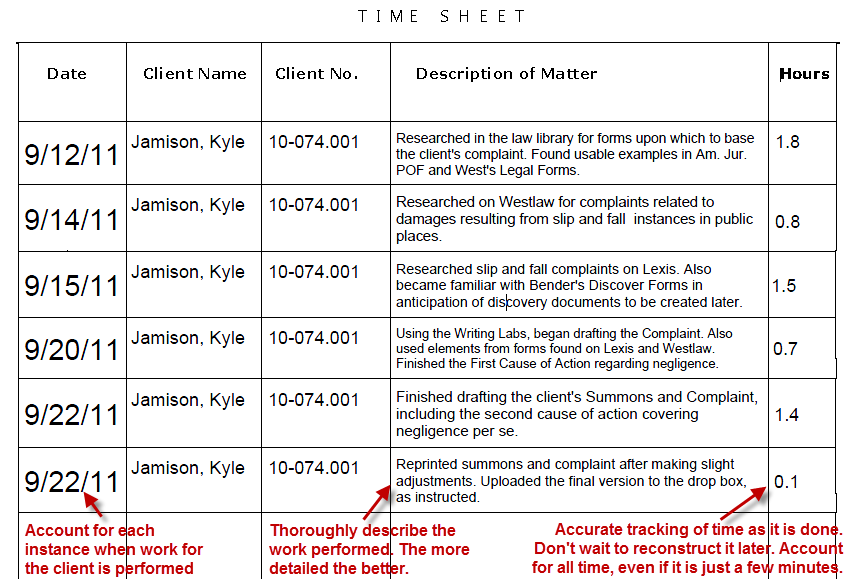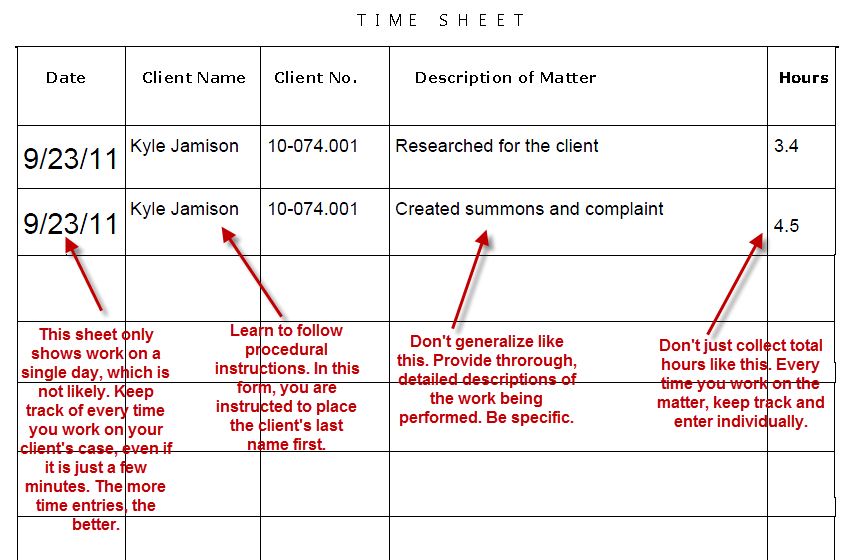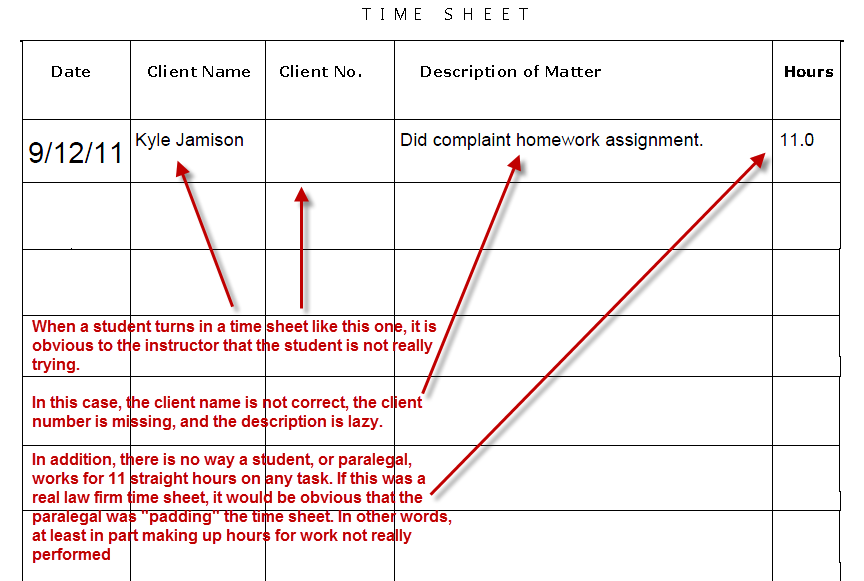Where You Have Been

The average student spends
in importance for exam preparation
8.1
The Path of Legal Research
-
Segment ProgressBar
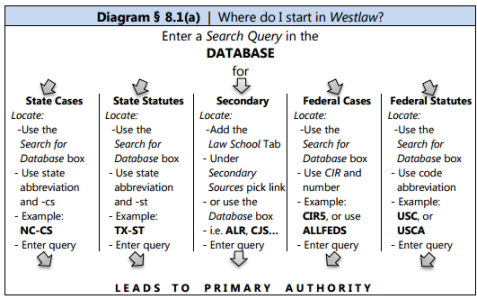
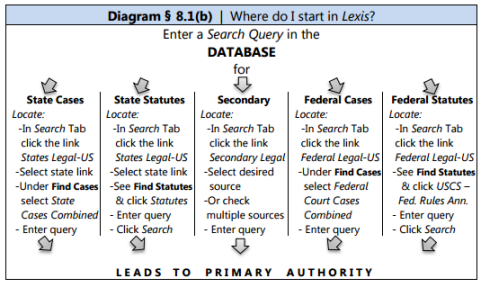
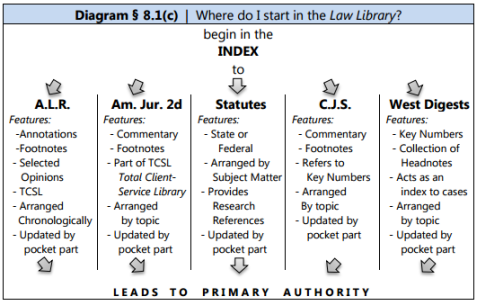
INTRODUCTION
This, along with Chapter 2 in this volume, is the most important research chapter in the manual.
To begin with, we will, well, start at the beginning. In other words, where should you begin your research? The answer: In a number of places. As the manual states, if you start in one of the following set of books, you will probably do very well:
• Am. Jur. 2d
• C.J.S.
• A.L.R.
• West Digests
• State or Federal Statutes (depending on the jurisdiction of the legal matter)
But no matter which you start in, you would most likely end up using most of the above in any typical research project. In other words, don't stop researching in the first or second research source just because you find something. You want to check all of the above sources (at least) to make sure you have conducted a thorough search.
Just for fun, click on the above image and see if you can find the following books in the stacks:
• Am. Jur. 2d
• C.J.S.
• A.L.R.
• at least one example of a Digest
• the United States Code (federal statutes)
• Am. Jur. Proof of Facts
• Am. Jur. Legal Forms
• the Federal Reporter
• Am. Jur. Trials
• the Supreme Court Reporter
How did you do?
Again, after you have studied this chapter in the manual thoroughly, and completed all the study support for Chapter 7 on this Website , try using the Law Library Lab to review the materials in a more interactive manner.
Lecture Notes . . .
LEGAL RESEARCH AND WRITING
There are many places a researcher could begin. Ultimately, you will make the decisions about what books you feel are most productive for you. We could tell you what our favorite research books are, but that might unduly influence you. For instance, when one of the the authors of the Essential Skills Manual was taking a paralegal research course, the teacher had some definite preferences, and he let the class know. The student respected the instructor and basically adopted his prejudices as to some materials.
What the student found out after becoming a paralegal was that he was ignoring some fantastic research sources because of the effect his instructor had on him. That's why we try to present you with all the materials, demonstrating their strengths and weaknesses. You will then establish your preferences based on experience, not instructor bias.
The diagrams in the manual are simply flowcharts for possible research paths using Westlaw, Lexis, or the Law Library. So if you are stuck and not sure where to start, just use these charts.
The Good, The Bad, and The Ugly Time Sheets
You are required to keep track of your billable hours when working on legal research and writing assignments and to turn them in with your written assignments. Click on the examples of Time Sheets below to zoom in and compare. Yours should look like the Good example.

